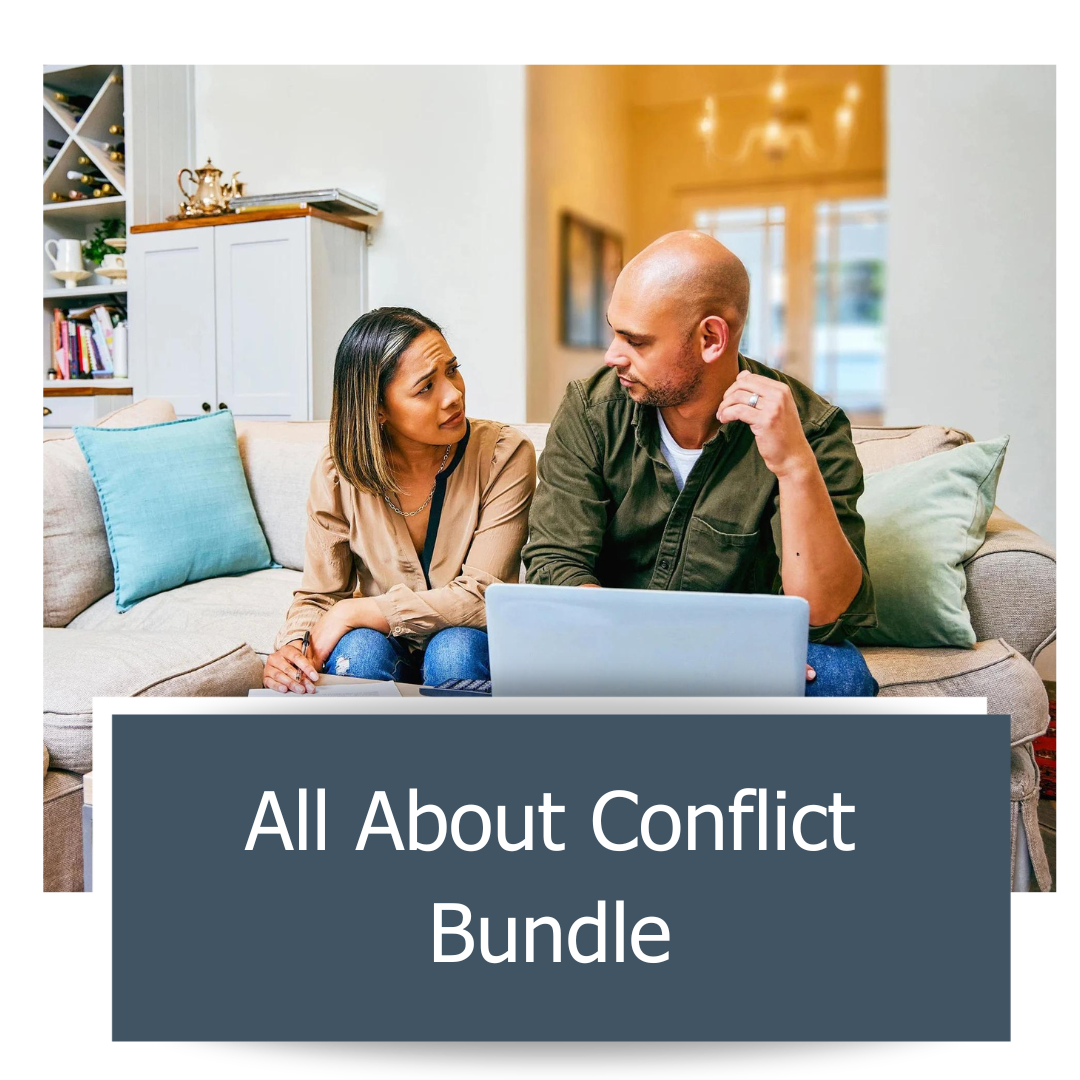A question often asked when learning about the Four Horsemen is: are stonewalling and the silent treatment the same thing? The answer I give is yes and no. There are definitely some similarities between the two but also a big difference I see as well.
Stonewalling is when someone emotionally shuts down and withdraws from the interaction. It can appear they are ignoring you, pretending you aren’t there, and are angry. What is really happening is the person is in diffuse physiological arousal (DPA) or also known as being flooded. This means they are overwhelmed to the point their brain can’t function normally.
Flooding is our body’s alarm system for perceived threats. This can be helpful when a bear is chasing you, surging your adrenaline to give you the strength to escape or outsmart the bear. When you are in a conflict with your partner, it can make the conflict worse. When people stonewall, they often display “freeze” in the “fight, flight, or freeze” response. It can be something they are aware of, such as, “I better shut my mouth so I don’t make things worse,” or dissociation which we sometimes are not aware of.
The silent treatment feels more like the game from childhood where everyone ignores the target and pretends they don’t exist. It is an intentional refusal to acknowledge the other person. Often it intends to hurt the other person and to “win” the conflict. If it goes on too long and the other person continues to try to engage, it can make the victim feel crazy and desperate. It doesn’t do anything to help the conflict.
Stonewalling and the silent treatment can look very similar. They both include your partner disengaging and having an inability to communicate. They can both cause frustration, and both are actually signs of flooding. Being on the other side of either behavior is very unpleasant, hurtful, and can spike your own flooding. It can be a recipe for disaster in conflict.
I also think stonewalling and the silent treatment can be different. I tell my clients a difference that I see is the intent. The silent treatment is meant to hurt the other person where stonewalling is flooding and self-perseverance. Sometimes it can feel like your partner is doing both so it can be hard to differentiate. The good news is the solution to both is the same. Even if your partner chooses to give the silent treatment to hurt you, that is still an indicator of flooding. When brains think rationally, one wouldn’t choose to ignore one’s partner because that never fixes or changes anything.
Self-soothing is the antidote to stonewalling and what you can do when you are flooded. You need to call a time out when you reach that point to give yourself the space to calm down and self-soothe. Once you are calm, you can try to talk again.
If your partner feels more like they are giving you the silent treatment, you can still request the time out, even if they don’t respond. Try saying, “It seems like a good time to take a break. Why don’t we separate for 30 minutes to calm ourselves down then come back together?” Go ahead and do your part even if you get no response. Separating should help your partner get into a calm space even if they are severely flooded. If your partner dissociates, there is a chance they may be self-soothing already. When we dissociate, our brain removes us from the situation to a safe space. In that case, calling the time out and separating should help your partner come out of disassociation.
If you feel like your partner’s stonewalling doesn’t improve after a break for self-soothing, couples therapy can be a good next step. Sometimes you need help from a third party to manage flooding and improve communication about feelings and needs. There may be an underlying cause to your partner’s flooding and a reason stonewalling is their go-to response. A Gottman Method-trained therapist can help you listen to understand each other so you both can make some changes.
Every Horsemen has an antidote. Learn them all in the Relationship Coach: How to Make Your Relationship Work.
A Happier Relationship Starts Today
Subscribe to Gottman Love Notes and get regular relationship tips and resources from the experts, plus a monthly free couples exercise and access to special pricing on Gottman products.








